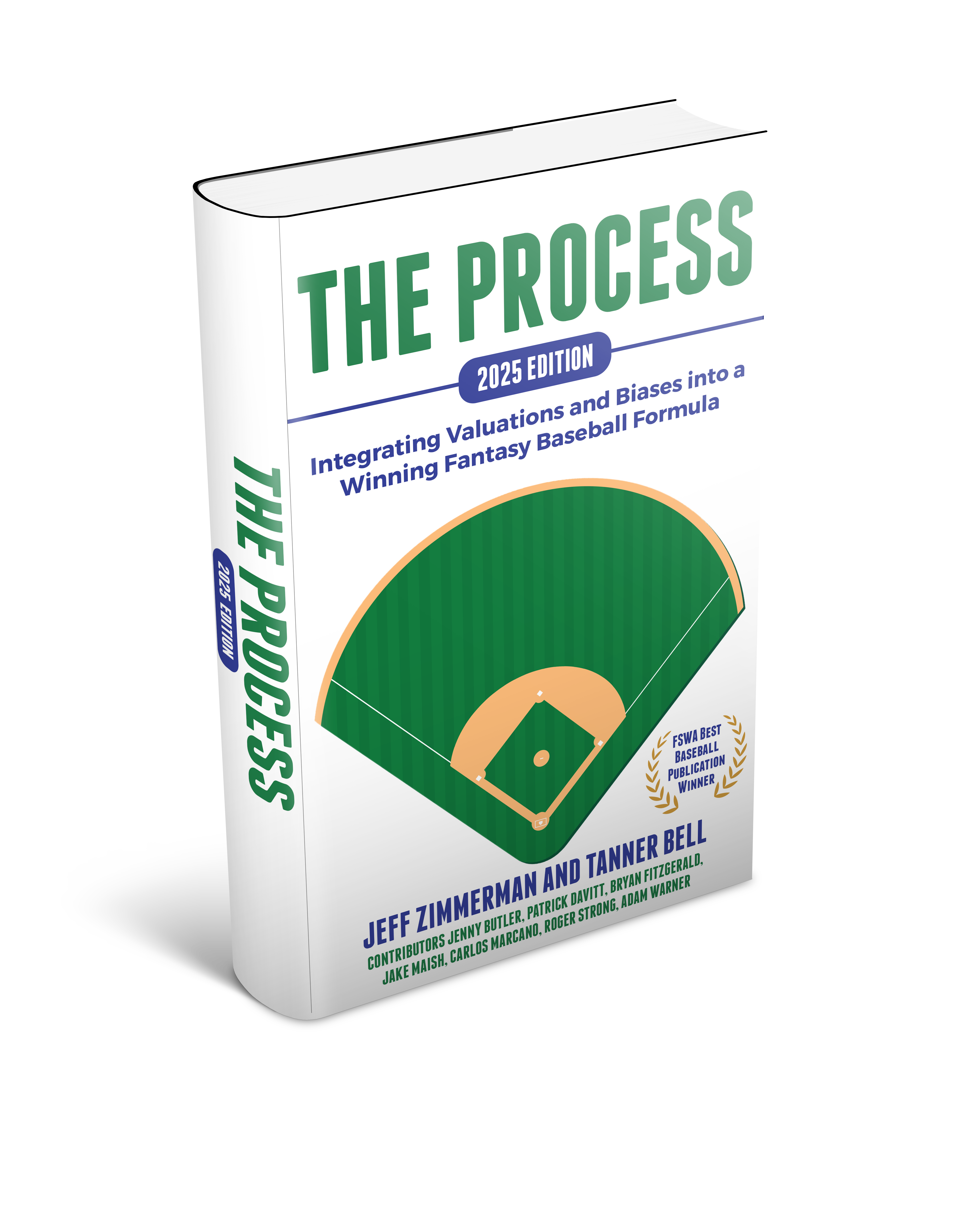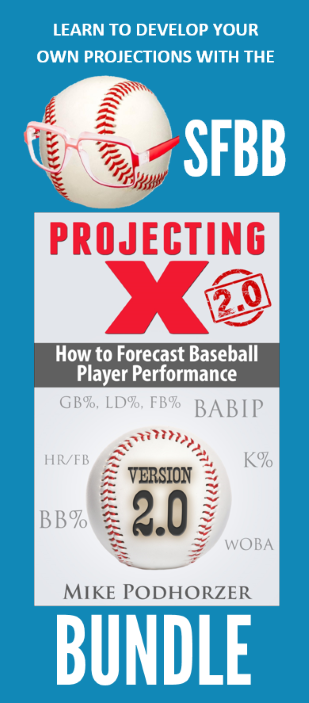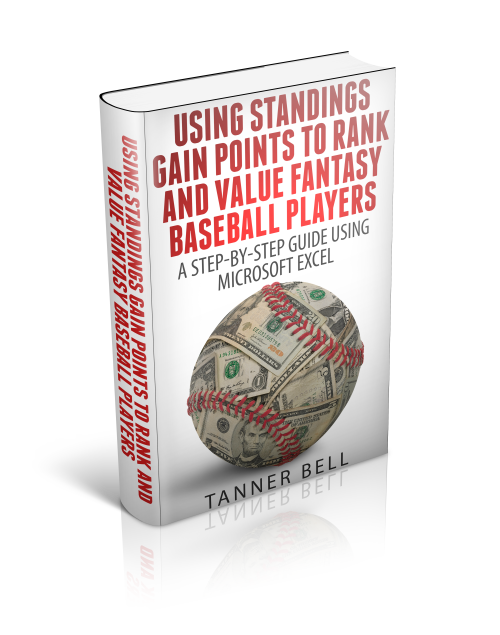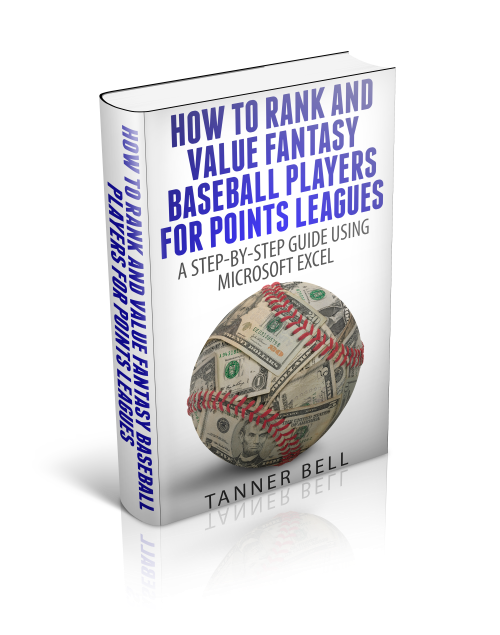“There are many different ways to win.”
I heard this on a podcast recently. Can’t remember which one. So, I can’t give credit. It’s also not the first time I’ve heard the phrase. Maybe I shouldn’t worry too much about it.
I agree with this statement. But since I’m a natural contrarian (ask my wife) my knee-jerk response is, “Yeah, but there aren’t an infinite number of ways to win.”
I think about this a lot. Probably too much. Maybe the thoughts that follow are obvious. Or maybe I have some unique insight to share. So here goes. Besides, I haven’t written a true blog post in a long time. Buckle up.
Seeing this Tweet is what ultimately pushed me over the edge to write this:
We think a lot about those black lines, forgetting that it’s all still in our hands. pic.twitter.com/RSZ1d3W642
— Tim Urban (@waitbutwhy) March 5, 2021
I’ll agree with the author here. In life we think a lot about those black lines. We tend to be backwards looking. Either relishing in the past or wallowing in it. The Stoics would want us looking at the green path into the future and all the possibilities that exist. But we like to be crippled by bad decisions and feel sorry for ourselves.
I may well be wrong, but I get the impression that most of us are the opposite in playing fantasy baseball. We have to be inherently forward looking. The stats accumulated in the standings can’t be changed. They are what they are. We have no choice but to pull up the free agent listing and plan for the future.
We talk about the future all the time. We are always “preparing”. Projections, prognostications, adding players for the future, dynasty leagues, pursuing a championship. It’s all forward looking.
Maybe that’s why we like this game? Is it inherently optimistic?
Anyways, we fake baseball players tend to forget our past decisions. I’m here to be negative and bring us back to all of our horrible decisions!!!
That’s not really my intent. Some good retrospection and review is good at the end of the season. But I’m not proposing we start looking in the rotisserie rearview mirror any more than that.
I do think the image is insightful and helpful at demonstrating a key bit of strategy I try to always bring myself back to… Stay balanced.
I’ll go as far as to say this is my guiding principle in playing rotisserie (it’s not so relevant for points leagues). I use it any time I’m struggling with a decision. Should I take a pitcher or a hitter? Should I take speed or power? Do I take my third outfielder or my first catcher?
We discuss the topic in The Process but don’t beat the reader over the head with it. I’m about to beat you over the head with it.
Stay balanced!
The phrase is purposely ambiguous. It can mean so many things, all of them helpful. Here are some examples:
- Don’t allow yourself to get backed into a corner. Keep your team balanced in both pitching and hitting. Keep a balance across statistical categories. Avoid putting yourself in a situation where you can’t take advantage of good fortunes that come your way. If you are out of balance, needing pitching, and an amazing hitter falls in the draft your decision point becomes getting even further out of balance or passing up the opportunity.
- Balance the risk and uncertainty on your roster. Don’t be too risky. Don’t be too conservative or risk averse (BTW, if you say “risk adverse” and you’re a podcaster, I have shaken my fist at you before). You don’t want to be the manager rostering Oneil Cruz, Adalberto Mondesi, and Justin Verlander. You also don’t want a team full of Randal Grichuks and Mark Canhas. There is value in pursuing upside and floor. Both serve a purpose.
- Balance the risk and uncertainty of the draft. It’s OK to be ahead of a run. Don’t put yourself in a situation where missing a run will cripple you. It’s OK to leave a dollar of value on the table in order to avoid being the sucker without a closer or the guy that has to start Yan Gomes. That extra dollar of value you sacrificed can pay off when the draft heads back your way after the run and the “chasers” are reaching.
- Avoid adding single points of failure or systematic risks to your team. What’s a single point of failure? Adalberto Mondesi with few other stolen base contributors is a single point of failure. Jacob deGrom in the first round and not following up with another starter for seven rounds is a single point of failure.
- Don’t close yourself off to possibilities. Don’t get too strong at a certain position. Drafting J.T. Realmuto and Will Smith (the #669257 MLB ID one) as early catchers looks super valuable on your fancy SGP spreadsheet (show off!). But it closes off the door to realizing value from catchers off the waiver wire. Another common example I see is drafting five super stud outfielders before filling in other positions. Looks great when you’re posting screenshots on Twitter. Not so great on a week in mid-April when a handful of intriguing outfielders pop up.
- Strangely, you sometimes have to get heavily out of balance to later fall into balance. Examples are accumulating batting average and pitching ratios early in drafts. Keep the bigger picture in mind. You can achieve balance over a longer spectrum of time. You don’t only find balance in the short term.
Hopefully you can see the value in this silly principle. That’s the point of being principle based! You just need to keep one phrase in mind and it can help guide so many decisions.
Let me close by tying this back to the green and black lines above. I made some rotisserie-related edits to the original image. Hopefully you can read the fine print.
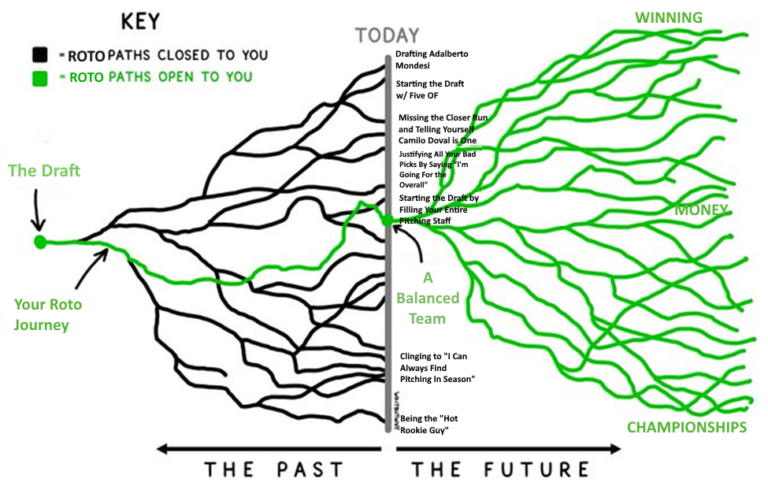
You get an opportunity to make more decisions by staying balanced. More possibilities are at your fingertips. There are more ways to win! And not only is balance good for you but those that get out of balance are closing doors.
Sometimes you just have to let others beat themselves. This game can be a war of attrition. It’s your job to stay in the run as long as you can. Keep piling up opportunities to find value and make more decisions.
Stay smart… and stay balanced!

